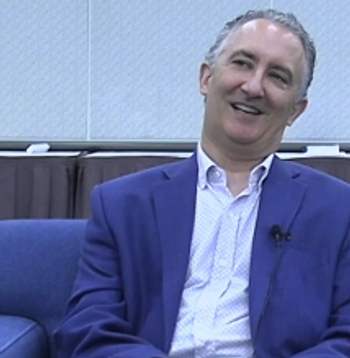
Why Doesn't DSM-5 Defend Itself? Perhaps Because No Defense Is Possible
The DSM-5 petition is now 12 days old and has already been signed by nearly 3500 people. It can be accessed at http://www.ipetitions.com/petition/dsm5/
The DSM-5 petition is now 12 days old and has already been signed by nearly 3500 people. It can be accessed at
The arguments against DSM-5 are really quite simple and straightforward -- and to me seem absolutely compelling. DSM-5 has failed to allow an open, independent and rigorous scientific review of the evidence supporting its suggestions. It is the result of a secretive and closed process that has lost touch with clinical reality. Its suggestions for new diagnoses and for reducing thresholds on old ones will promote a radical explosion in the rates of psychiatric diagnosis that will worsen our country's already excessive use of medication. Finally, the DSM-5 preoccupation with diagnosing disorders in people who are not really ill will result in a misallocation of resources that disadvantages those most clearly in need them.
Most remarkably (but perhaps not surprising given its closed process), no one has made any effort to rebut the petition. DSM-5 has little support outside its own tight little group and even within this group there are no champions ready to defend it.
Two crucial questions beg for clear and unequivocal answers. The American Psychiatric Association needs to offer reasons why anyone should accept as credible its internal scientific review process and why it refuses to commission an independent external review. APA also needs to defend diagnostic inflation as a good idea that deserves to be encouraged further by DSM-5.
Instead of providing critics with reasoned arguments on these issues, the DSM-5 strategy appears to be to wait out the storm and go forward with its flawed and potentially quite dangerous product. I think there are two reasons for this. First, the DSM-5 suggestions are pretty indefensible and efforts to engage critics in a serious substantive discussion would quickly expose their fatal flaws. Second, APA is counting on the force of its DSM monopoly and sales momentum -- that it has a captive audience. DSM's sell a steady 100,000 copies in any ordinary year and several times thereafter when a new revision is introduced. APA seems to believe DSM-5 sales are on automatic pilot-- that people will be forced to buy it whether they like it or not. This is a three-way dangerous gamble-- for the people who will misdiagnosed, for the credibility of psychiatry, and for the future role of APA as custodian of psychiatric diagnosis.
The petition is our last (and really our only) hope for an independent, evidence-based scientific review of DSM-5. If enough people sign on, APA will perhaps be forced to change its errant course and produce a safe and useful DSM-5.
Newsletter
Receive trusted psychiatric news, expert analysis, and clinical insights — subscribe today to support your practice and your patients.







